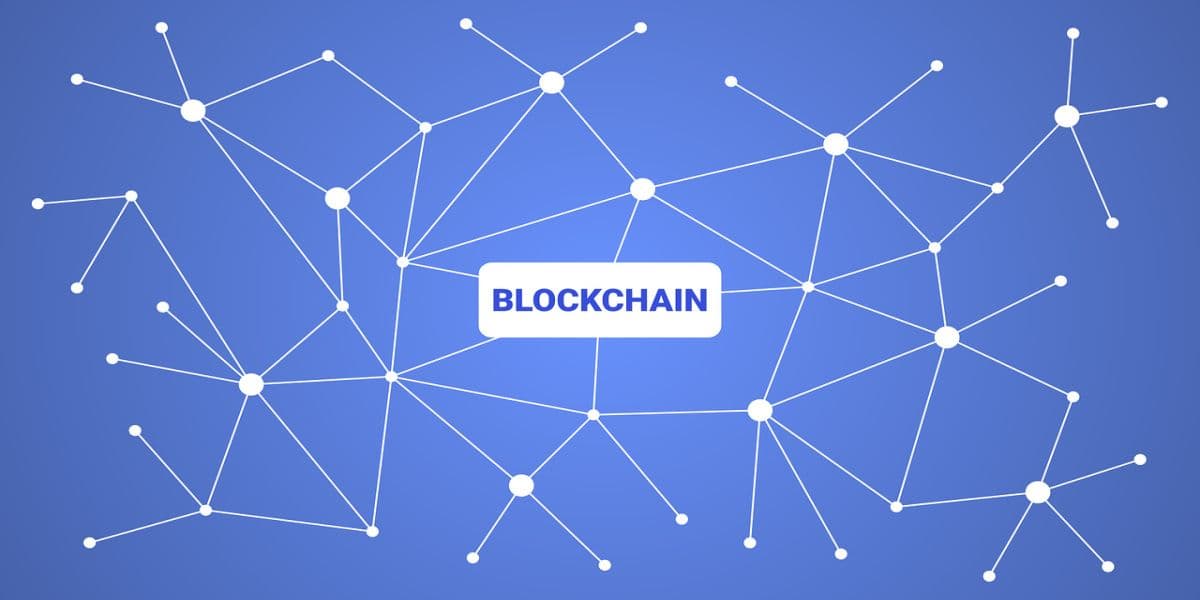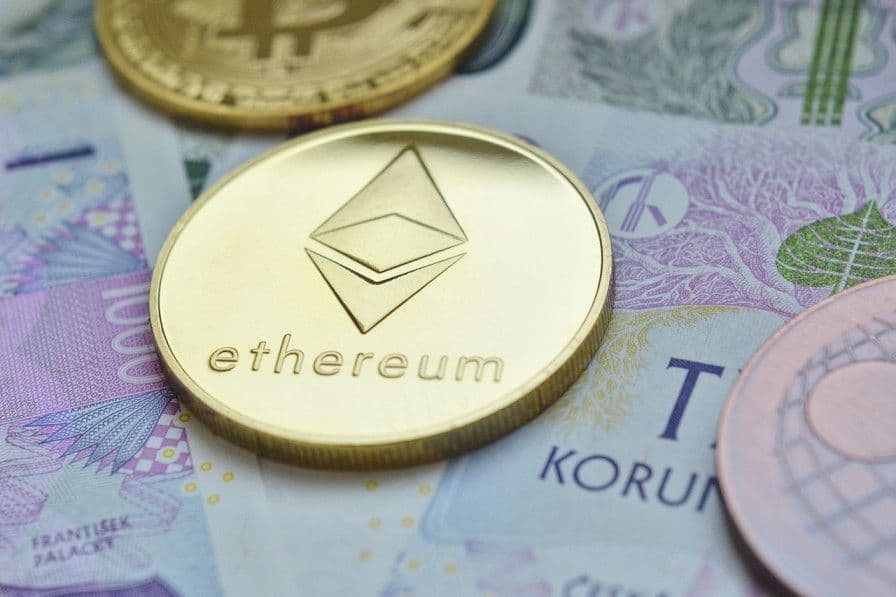Ethereum Trust Alliance – Improving Security And Minimizing Risks
Ethereum Trust Alliance – a consortium of security organizations (namely MythX, Quantstamp, Runtime Verification, Sooho, SmartDec and ConsenSys Diligence) launched on 03 Feb. The project’s official description is “a global coalition of professional security organizations brought together to increase trust in […]

Ethereum Trust Alliance – a consortium of security organizations (namely MythX, Quantstamp, Runtime Verification, Sooho, SmartDec and ConsenSys Diligence) launched on 03 Feb. The project’s official description is “a global coalition of professional security organizations brought together to increase trust in the Ethereum ecosystem”.
Today we are very proud to announce the formation of the Ethereum Trust Alliance (ETA)! Learn more about what we are building at https://t.co/UffkvjSpDz pic.twitter.com/fCvnHFvXNI— Ethereum Trust Alliance (@ethtrustorg) February 3, 2020
The alliance will create a new smart-contracts security ratings system by developing specifications, defining standards and building a platform for greater awareness and transparency. This will allows users and teams to understand the security risks associated with a smart contract as well as differentiate between smart contracts on the basis of security checks. Ethereum Trust Alliance is likely to soon function as the go-to official ratings agency such as Moody’s Investor Service is for the credit bonds.
Why Is The Ethereum Trust Alliance Necessary?
The Initial Coin Offering (ICO) boom of 2017 on Ethereum was plagued by scammers, low quality projects, smart contracts with security issues and vulnerabilities, code back doors and provision for further minting. A lot of teams, which didn’t even have a proper smart contract in place were able to raise a lot of money, which didn’t result in anything concrete. A lot of them pulled exit scams and were simply too ambitious or ill-equipped to meet the challenges. All of that could have been controlled to a large extent, had such a facility like a security rating system been available, at that time.
If Ethereum has to grow further, be trusted and used by people and companies for financial applications/other sensitive high value uses, then it has to provide accurate information, regarding risk to the platform users. As seen in the case of the DAO and the Parity hack, even minor mistakes in codes and resultant bugs can result in the loss of millions of dollars and major disruption of the ecosystem. The rapidly growing segment of decentralized finance dictates that it is more important than ever, to initiate such safeguards in the system, so new protocols can be developed and used with confidence.
What Comes Next For Ethereum Trust Alliance?
The Ethereum Trust Alliance has revealed the following roadmap for Q1 2020:
1. Rating level definitions and requirements
2. Security tools and auditor requirements
3. A process for the application and issuance of ratings badges
4. Specifications for the API and registry.
5. Community trials and testing of the API.
Going Forward With Ethereum 2.0
Ethereum is slated for a major upgrade in the coming years. The proposed upgrade Ethereum 2.0 will improve scalability, transaction speed and resource usage, on the network. It is highly imperative that such protocols and procedures are introduced now, so high quality projects can be filtered out and investors can make informed decisions.





























